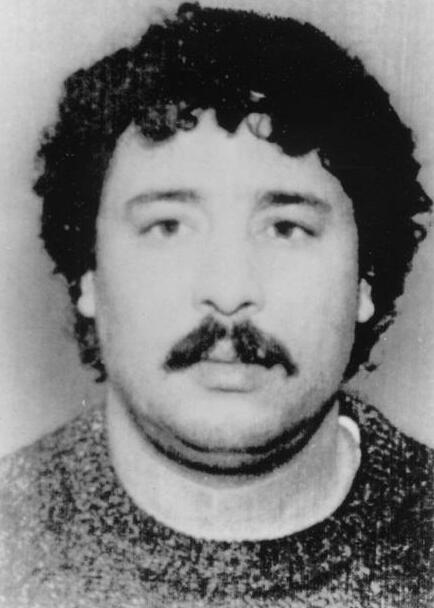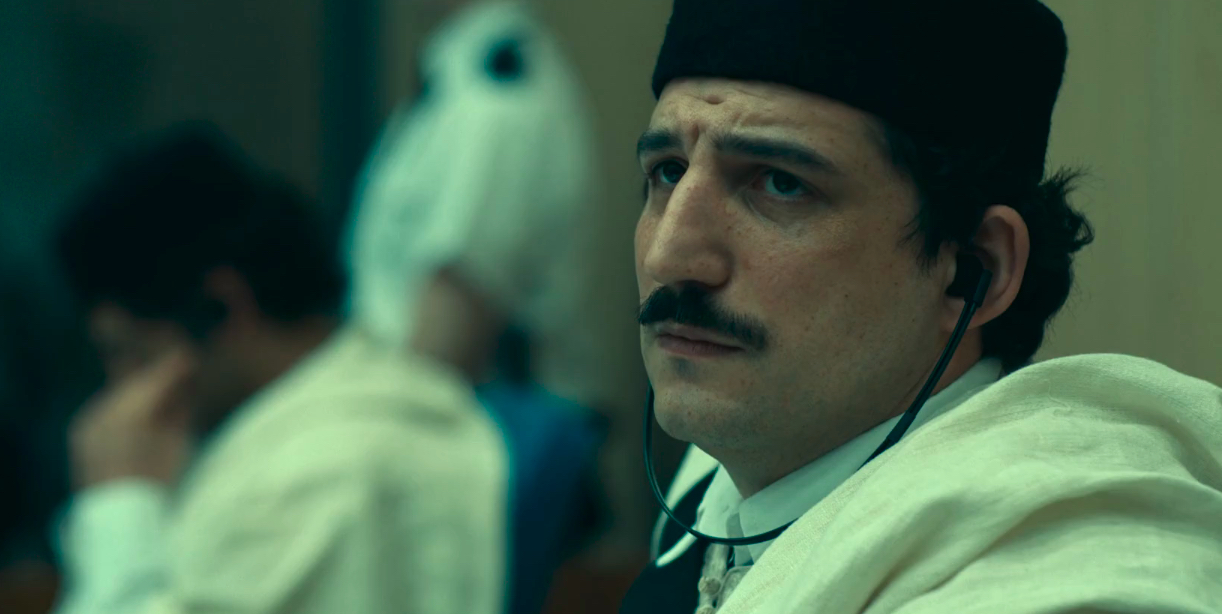Peacock’s ‘Lockerbie: A Search for Truth’ follows a man on a journey to find the truth and get justice for the death of her daughter. The focus is on the Swire family, whose lives change forever when they discover that Pan Am Flight 103 has crashed. Jim and Jane Swire’s eldest daughter, Flora, was also on the flight that had no survivors. The desire for truth takes Jim Swire on a decades-long journey, and he becomes even more engrossed in the investigation when two men are put on trial for the crime. One of the accused is a Libyan man named Al Amin Khalifah Fhimah.
The Case Against Al Amin Khalifa Fhimah Did Not Have Enough Weight
Al Amin Khalifah Fhimah came into the spotlight on November 14, 1991, when British and American authorities accused him and Abdelbaset al-Megrahi of bombing Flight 103. Fhimah’s past as the station manager for Libyan Arab Airlines at Luqa Airport, Malta, was one of the reasons that he was looked into and found suspicious. Despite the accusations, the Libyan government refused to give up the men. It was on April 5, 1999, following an agreement between the Libyan and British governments, that Fhimah and Megrahi were sent to the Netherlands for the trial, which began on May 3, 2000. The duo was charged with 270 counts of murder, among other things.

The most important thing necessary to prove Fhimah’s guilt was to place him at the airport in Malta to place the bag with the bomb on the plane. However, the prosecution failed to do that. One of the major witnesses against Fhimah was Abdul Majid Giaka, who worked as an informant for the CIA. Giaka worked with Fhimah at the airport, and he claimed in his testimony that in 1986, Fhimah was in possession of an orange-colored explosive. He also claimed that he had seen Fhimah and Megrahi together, with the latter carrying the bag in question. However, not only could his claims not be proven, but it was also shown by the defense that Giaka could not be considered a credible witness because he was almost dropped by the CIA for not giving quality information.
Another thing that was used against Fhimah was an entry in his diary, made six days prior to the bombing. In it, he mentioned that he needed to get Air Malta tags for Megrahi, which was considered suspicious because the bomb was believed to have traveled via an Air Malta plane before it made its way to Pan Am. While the prosecution tried to use it as decisive evidence, it didn’t thoroughly implicate Fhimah. The fact that he kept his security pass even after he was not working at the airline anymore was also brought under suspicion. However, Fhimah had used his expired ID for other purposes already and had never hidden the fact from anyone. Moreover, the possession of the ID still didn’t show that he was inside the airport when the bomb was planted. In the end, none of the arguments used by the prosecution were found to be credible enough to prove Fhimah’s guilt. He was found not guilty on all counts on January 31, 2001, and was allowed to go back home a free man.
Al Amin Khalifah Fhimah Has Worked Hard to Rebuild His Life Following the Trial
With his innocence confirmed, Al Amin Khalifah Fhimah returned home to his wife and children in Souq al Jum’aa, near Tripoli. When he landed in Libya, he received a warm welcome, with Colonel Gaddafi meeting him and embracing him at the airport. Reiterating his innocence, Fhimah said that he was “an ordinary citizen” who never got involved in any crime, and he didn’t know how the investigation led him to be a suspect. Even though he was completely acquitted, his reputation took such a hit that he lost everything he’d worked for his entire life. By the time he came back, his travel agency in Malta was gone. Because he didn’t have any employment, he had to sell his farm to provide for his family. He also complained that he never got any compensation for what he and his family were put through and had to suffer even after the trial was over.
Years later, when Megrahi came back home after being released on compassionate grounds, Fhimah was there to greet him at the airport. While he called Megrahi his “friend and colleague,” he also emphasized that he didn’t know what, if anything, Megrahi had to do with the bombing. He also turned his words towards Gaddafi, calling himself one of the victims of the Colonel’s regime. While speaking to a Swedish newspaper, he said he didn’t know whether Gaddafi had a hand in the bombing, but he should be put on trial to prove his guilt or innocence.
While he was never again accused of the bombing or anything else related to it, his name came under scrutiny in 2011 when Scottish prosecutors revealed that they had new evidence through which they could put Fhimah on trial again. However, their plans never came to fruition, and Fhimah never came into the media limelight again. Since his return to his homeland, he has receded in the shadows and preferred to be there.
Read More: Lockerbie: Is Roderick McGill Based on a Real Lawyer? Where is He Now?


You must be logged in to post a comment.